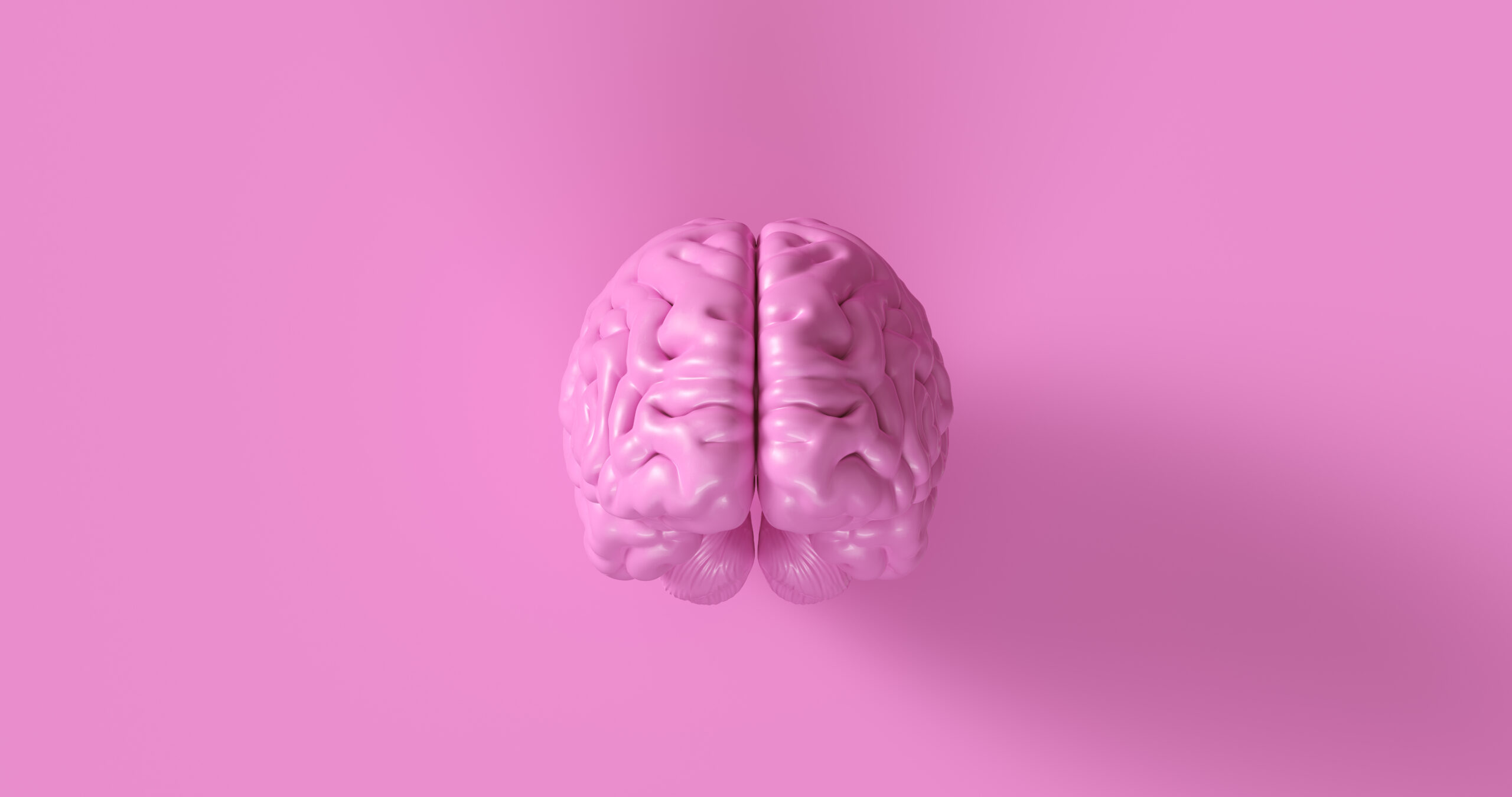hearing loss and dementia correlation
**The Connection Between Hearing Loss and Dementia: What You Need to Know**
Hearing loss and dementia are two conditions that are often linked together, but what exactly is the connection between them? In this article, we will explore the relationship between hearing loss and dementia, and what you can do to protect your brain health.
**Hearing Loss: A Risk Factor for Dementia**
Hearing loss is more than just a problem with your ears. It can have a significant impact on your overall health, particularly when it comes to your brain. Research has shown that hearing loss is one of the most significant risk factors for dementia. This means that if you have hearing loss, you are more likely to develop dementia.
**Why is Hearing Loss Linked to Dementia?**
The exact reason why hearing loss is linked to dementia is not fully understood, but there are several theories. One theory is that hearing loss can lead to social isolation. When you can’t hear well, you may avoid social situations, which can lead to loneliness and isolation. This isolation can increase the risk of dementia.
Another theory is that hearing loss can affect cognitive function. When you can’t hear well, you may have trouble following conversations, which can lead to confusion and cognitive decline. This decline can eventually lead to dementia.
**The Impact of Untreated Hearing Loss**
Untreated hearing loss can have serious consequences. It can lead to depression, heart disease, and even falls. But the most concerning impact is on cognitive function. Untreated hearing loss can increase the risk of dementia by up to 50%.
**How Can You Protect Your Brain Health?**
Fortunately, there are steps you can take to protect your brain health and reduce the risk of dementia. Here are some tips:
1. **Get Your Hearing Checked**: Regular hearing tests can help identify any hearing problems early. If you notice you’re having trouble hearing, don’t wait to get your hearing checked.
2. **Use Hearing Aids**: If you’re diagnosed with hearing loss, using hearing aids can significantly reduce the risk of dementia. Hearing aids can help you hear better, which can improve your cognitive function and reduce the risk of social isolation.
3. **Stay Social**: Engage in social activities to reduce the risk of loneliness and isolation. Join clubs, attend community events, or simply spend time with friends and family.
4. **Stay Active**: Regular physical activity can improve blood flow to the brain and reduce the risk of dementia. Exercise regularly, whether it’s walking, swimming, or any other activity you enjoy.
5. **Manage Other Health Conditions**: Conditions like high blood pressure, diabetes, and high cholesterol can increase the risk of dementia. Managing these conditions through diet, exercise, and medication can help reduce this risk.
**Conclusion**
Hearing loss and dementia are closely linked, but there are steps you can take to protect your brain health. Regular hearing tests, using hearing aids, staying social, staying active, and managing other health conditions can all help reduce the risk of dementia. By taking these steps, you can help preserve your cognitive function and maintain a healthy brain for years to come.





